
This is The Legal Beat, a weekly newsletter about music law from Billboard Pro, offering you a one-stop cheat sheet of big new cases, important rulings, and all the fun stuff in between.
This week: A deep dive into how prosecutors are still using rap lyrics to convict the artists who wrote them; a bold new argument centered on “teetotaling” in the Prince estate’s fight against ‘Purple Rain’ wine; a big copyright settlement for Lizzo after years of litigation over her smash hit ‘Truth Hurts,’ and more.
THE BIG STORY: Why Are Rap Lyrics Still Cited In Court?
“It made absolutely no sense,” Ezra Rosenberg told me, speaking about the 2008 murder conviction of a New Jersey man named Vonte Skinner. Rosenberg, an attorney who worked with the ACLU on Skinner’s case, was specifically talking about the moment during the trial in which a police detective read from a book of rap lyrics discovered in Skinner’s car on the night of the killing.
The words read to jurors (and read and read and read, covering 13 pages of trial transcript) were ugly and disturbing, depicting an array of crimes. But if you’re a stickler for civil liberties, it’s important to note that they didn’t have any clear connection to the crime that Skinner was actually accused of committing, nor was it clear whether they were anything other than fictional artistic expression.
With the help of Rosenberg, the ACLU and other lawyers, Skinner’s conviction was eventually overturned by the New Jersey Supreme Court, which ruled in 2014 that the admission of “inflammatory rap verses” had potentially risked “poisoning the jury against the defendant.” But Skinner’s case is just one of hundreds that have featured similar appearances of rap lyrics in the courtroom.
In a new story for Billboard Pro this week, I’m diving deep into the use of hip-hop lyrics to convict the artists who wrote them, a tactic that critics have long argued denies defendants — innocent or guilty — of their right to a fair trial. We break it all down: the history of the practice, the growing backlash, the court cases that have mostly approved of it, and the new efforts in New York to rein it in.
“Hip-hop lyrics are treated with unequal weight,” Sen. Jamaal T. Bailey, one of the co-sponsors of a New York bill that would restrict the practice, told me. “This is about the right for an artist have their work treated as art.”
Other top stories this week…
MORE MEGAN – Megan Thee Stallion’s record label 1501 Certified Entertainment filed a countersuit against her, a month after the star accused the label of wrongfully refusing to credit her recent Something for Thee Hotties as an “album” under her contract. In a complaint that called Megan’s allegations “groundless,” the label said that Hotties – allegedly containing just 29 minutes of new material – clearly didn’t meet the standards of an album and that Megan knew it.
“PRINCE WAS A TEETOTALER” – Billboard was the first to report this week that the Prince estate had spent months quietly fighting a trademark battle against a small Ohio winery that sells a brand of “Purple Rain” wine. The latest development in the case was a bold new argument from the winemaker: That nobody would expect the famously teetotaling rock star to have endorsed a bottle of alcohol. “Prince was a teetotaler who despised alcohol,” L’uva Bella Winery wrote. “The fans of Prince, knowledgeable about his beliefs and views, would never associate an alcohol containing product with the artist.”
“TRUTH HURTS” SETTLEMENT – Lizzo reached an agreement to end a years-long case over her Grammy-winning hit “Truth Hurts,” filed by three songwriters who claimed they helped her create it. A judge had already dismissed the lawsuit’s core claims of co-ownership last year, but had left open the possibility that Lizzo’s accusers could still win a cut of revenue from the song. Before this week’s settlement, those claims had been scheduled to go to trial early next year. Terms of the deal were not publicly disclosed.
COACHELLA CASE CONTINUES – A federal judge rejected a request by Live Nation to dismiss a trademark lawsuit filed by AEG’s Goldenvoice over an unauthorized concert with the word “Coachella” in its name. Live Nation had argued that the lawsuit targeted the wrong defendant, and that the local Native American tribe that actually hosted the unauthorized concert should be the one facing Goldenvoice’s wrath. But the judge ruled that Live Nation must face the case over its role in selling tickets to the event on Ticketmaster.
“HAPPIER” DAYS IN COURT – Electronic music producer Marshmello won a ruling at the Ninth Circuit ending a copyright case that claimed he lifted aspects of his 2018 smash hit “Happier” from another song. The lawsuit claimed Marshmello stole a synthesizer melody that a DJ named Arty added to a 2014 remix of OneRepublic’s “I Lived,” but the appeals court said Arty didn’t retain any rights to his contributions to the remix.
DEPOSITION? PHOEBE SAYS “HARASSMENT” – Attorneys for Phoebe Bridgers argued that there was no need for her to sit for depositions in a libel lawsuit filed by producer Chris Nelson, calling such requests “nothing more than thinly veiled harassment.” Nelson is suing Bridgers for allegedly defaming him via Instagram posts in which she said she could “verify” claims of abuse made against him by another woman. Bridgers has pushed to dismiss the case, but attorneys for Nelson says they can’t rebut those arguments without deposing the singer.
DJ WINS BIG AGAINST VEGAS NIGHTCLUB – A Nevada federal judge ordered the owner of the short-lived Las Vegas nightclub KAOS to pay nearly $8 million to dance artist Kaskade after the club cancelled his $300,000 per night residency. Though it admitted that it owed him $1.2 million, KAOS argued that it owed nothing for shows cancelled in 2020, during much of which Las Vegas was shut down due to COVID-19. But the judge ruled that Kaskade could have performed some of the planned shows during the two months before the shutdown, and that he had been willing to perform at other locations but that KAOS “offered none and did not even consider any.”
JAY-Z, DAME TALK NFT SETTLEMENT – Attorneys for Jay-Z‘s Roc-A-Fella Records told a federal judge they’re in talks to settle their lawsuit against Damon Dash over his plan to auction off his stake in the album Reasonable Doubt as an NFT. The two sides have been battling in court since last summer, when Roc-A-Fella won a restraining order blocking Dash from claiming to be able to sell a cut of the Jay-Z’s debut album. Hov’s lawyers said this week that Dash had admitted during litigation that he lacks the right to do so, and that they’ll move for a full victory in the case if a settlement isn’t struck.
[flexi-common-toolbar] [flexi-form class=”flexi_form_style” title=”Submit to Flexi” name=”my_form” ajax=”true”][flexi-form-tag type=”post_title” class=”fl-input” title=”Title” value=”” required=”true”][flexi-form-tag type=”category” title=”Select category”][flexi-form-tag type=”tag” title=”Insert tag”][flexi-form-tag type=”article” class=”fl-textarea” title=”Description” ][flexi-form-tag type=”file” title=”Select file” required=”true”][flexi-form-tag type=”submit” name=”submit” value=”Submit Now”] [/flexi-form]
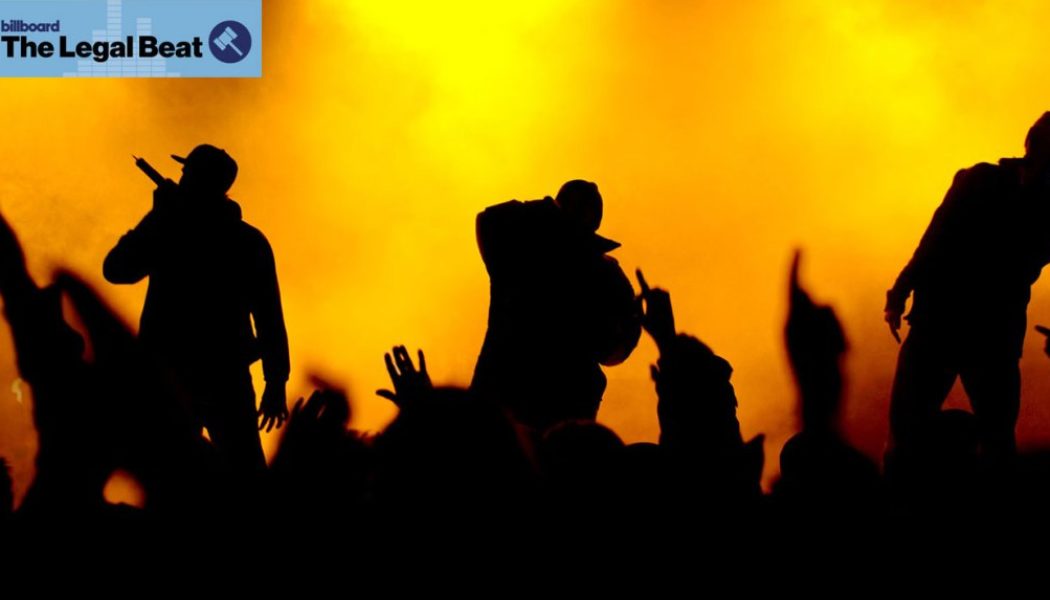

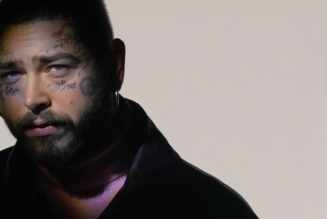

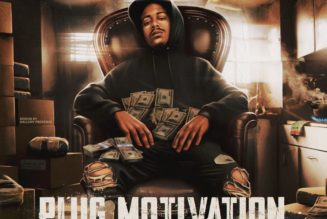

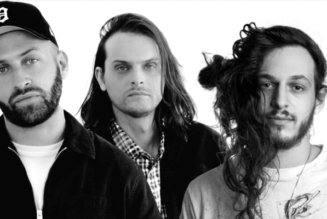
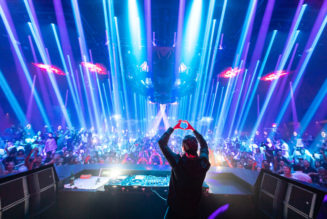
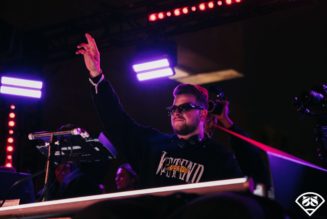

Tagged: business, entertainment blog, Legal, music blog, The Legal Beat